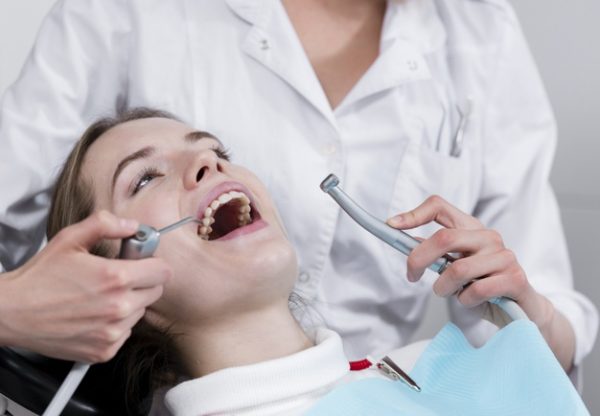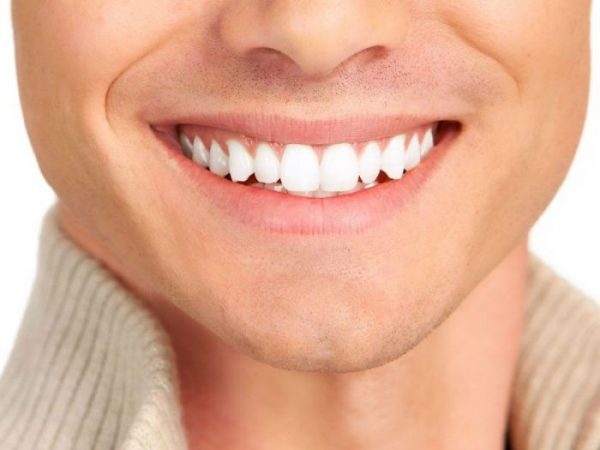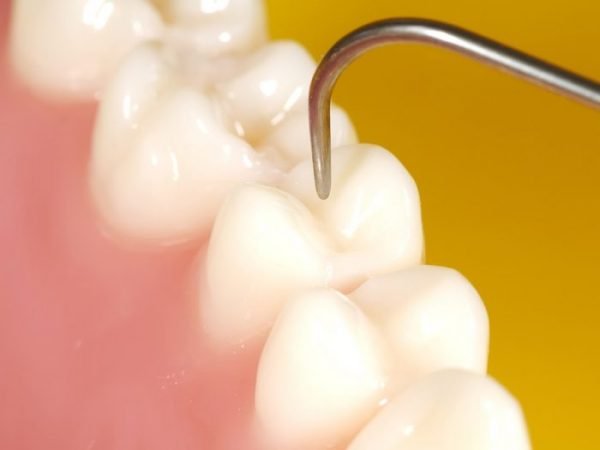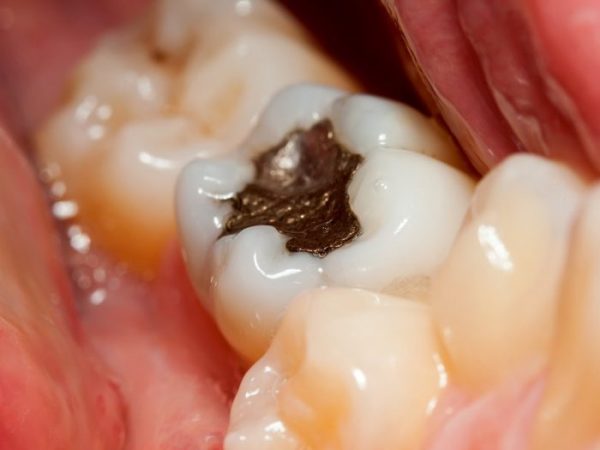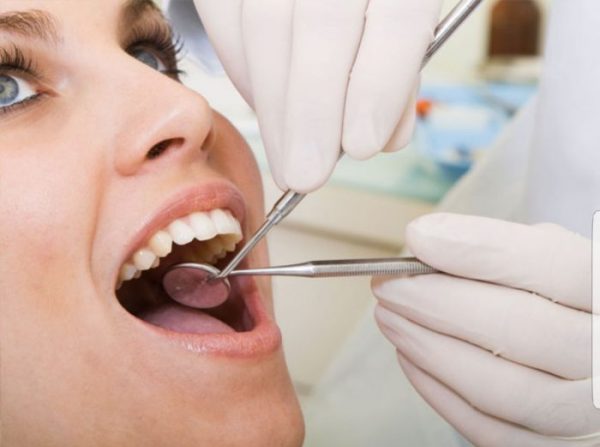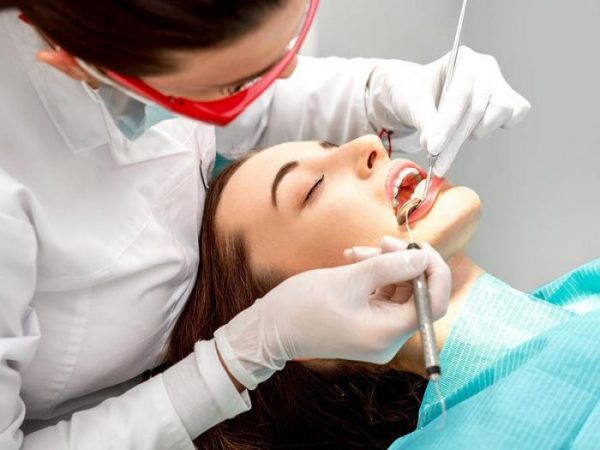ABOUT TEETH WHITENING
Teeth whitening uses a bleaching agent to lighten teeth that have become discolored over time. This discoloration can be caused by smoking, poor dental hygiene, and certain foods or drinks such as red wine or coffee.
There is a variety of teeth whitening methods available, and these options vary for each patient. For dead teeth (teeth which have no nerve), normal whitening will not work as the discoloration is inside the tooth. In this case, dentists can bleach the tooth from the inside. For external discoloration, many dentists offer laser teeth whitening, which uses a light to accelerate the bleaching process for instant results.
Recommended for
- Discolored teeth
TIME REQUIREMENTS
- Average length of stay abroad: 1 days.
- Number of trips abroad needed: 1.
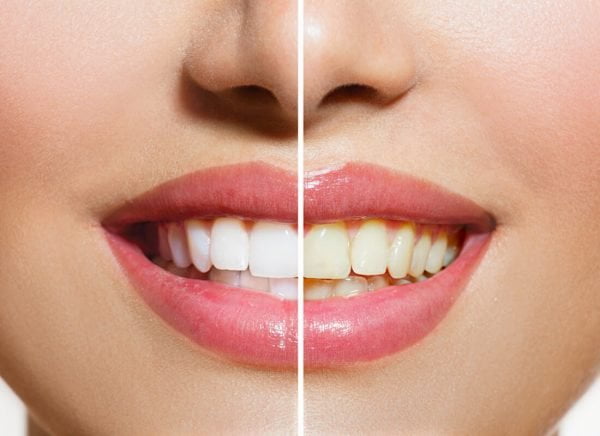
COMPARE TEETH WHITENING PRICES AROUND THE WORLD
| Country | Cost |
|---|---|
| United Kingdom | 354€ |
| Croatia | 135€ |
| Hungary | 115€ |
| Poland | 89€ |
| Thailand | 89€ |
| Mexico | 68€ |
| Spain | 60€ |
HOW TO FIND QUALITY TREATMENT ABROAD
BEFORE TEETH WHITENING ABROAD
Depending on the type of treatment, a mould may need to be taken at the first appointment. For other types of whitening treatment, this is unnecessary.
HOW IS IT PERFORMED
There are a range of procedures for teeth whitening. In-office tooth whitening requires a layer of protective material on the surrounding area before the bleaching agent is applied. Laser teeth whitening uses LED, halogen or plasma lights to accelerate the reaction time of the whitening agent, by exposing the teeth to blue-wave lights for several minutes.
Materials
Bleaching procedures use carbamide peroxide or hydrogen peroxide as the whitening agent.
Anesthesia
No anesthesia required.
Procedure duration
The Teeth Whitening takes 30 to 60 minutes.
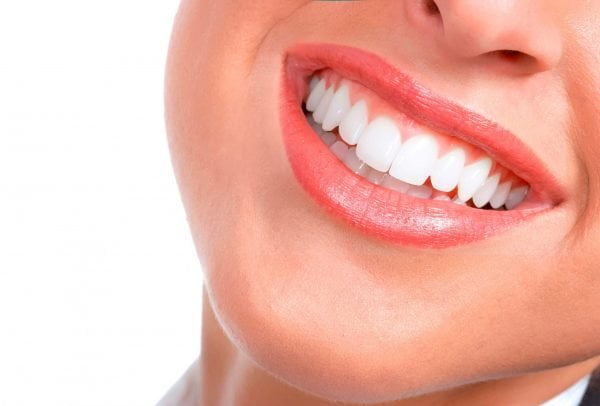
WHAT TO EXPECT AFTER TEETH WHITENING
Post procedure care
After teeth whitening, the teeth may feel more sensitive to hot and cold. It is recommended to avoid things which can stain the teeth, such as coffee, tea, red wine or cigarettes.
Possible discomfort
Some tooth sensitivity is to be expected.
IMPORTANT THINGS TO KNOW ABOUT TEETH WHITENING
Not recommended for
- Fluorosis
- Sensitive teeth
- Fillings, crowns or veneers on the front teeth, as these will not change color and may look dark in comparison
Potential risks
- Shooting pains
- Gum irritation
FREQUENTLY ASKED QUESTIONS
Teeth whitening agents used today by qualified dental professionals (a dental assistant should be able to do this procedure) are much safer than products used in the past and most contain no harsh abrasives. It is best to have a full dental exam cleaning and before the whitening procedure to ensure that there are no weak areas in your teeth that need to be corrected first.
Most patients report a high level of satisfaction from professional teeth whitening procedures. If your teeth are yellow or brownish, you can expect better results than with greyish teeth. Your dental professional can give you the best advice about what to expect.
The procedure is painless. Some patients report a mild tingling sensation and increased sensitivity after the procedure. If all of your teeth are healthy, you shouldn’t experience any pain or discomfort.
There are no studies showing that teeth whitening is dangerous for teeth or gums. However, gels with a high peroxide concentration may weaken the enamel of the teeth. Your dental professional should examine your teeth before the procedure to ensure that they are all strong enough and you should ask them if you have any concerns.
Teeth whitening products only work on natural teeth. If crowns or other dental prosthetics become stained then you may need to replace them to restore their appearance. A dental professional may also be able to clean them with other methods.
